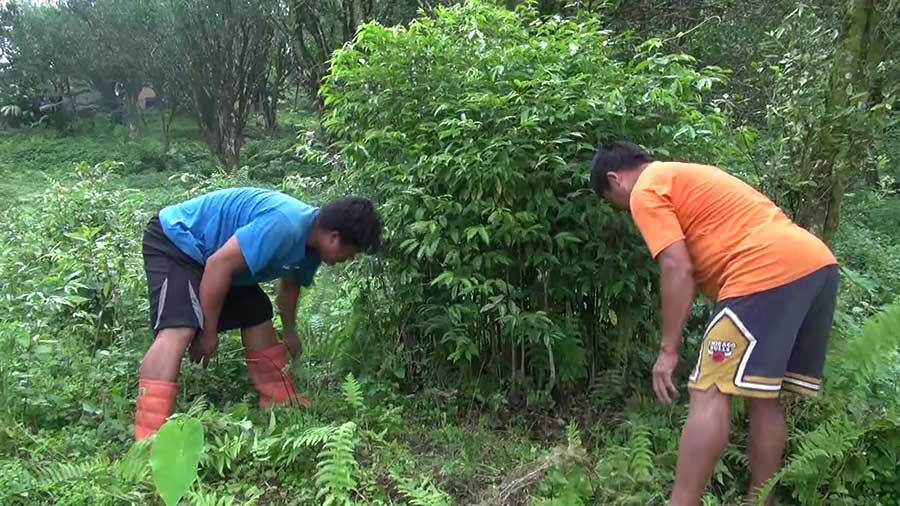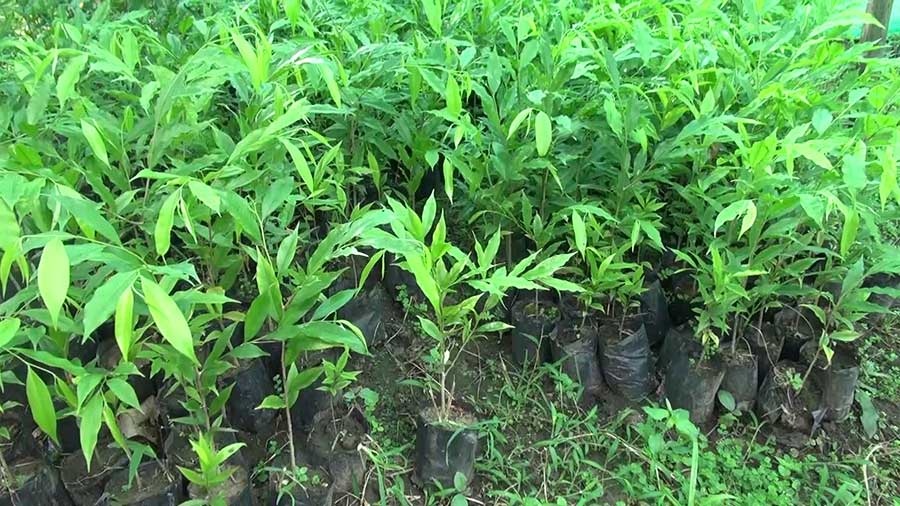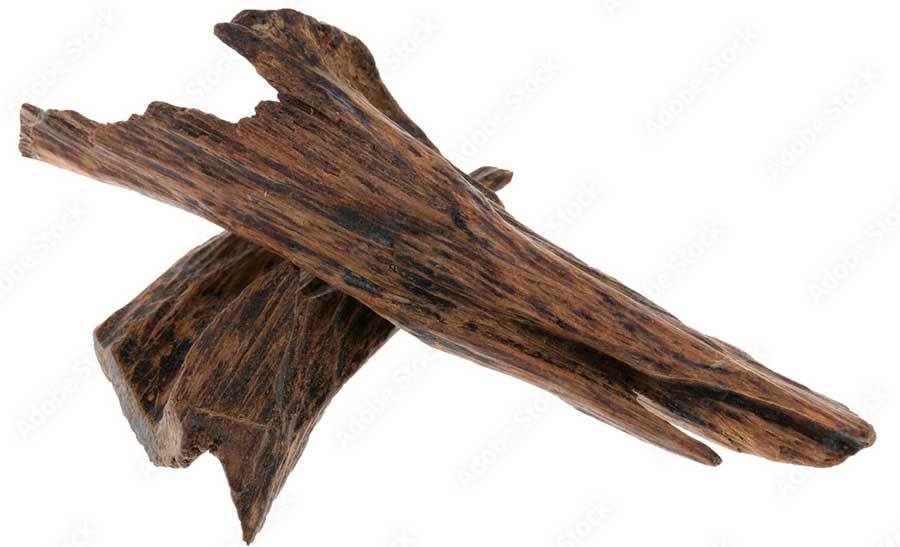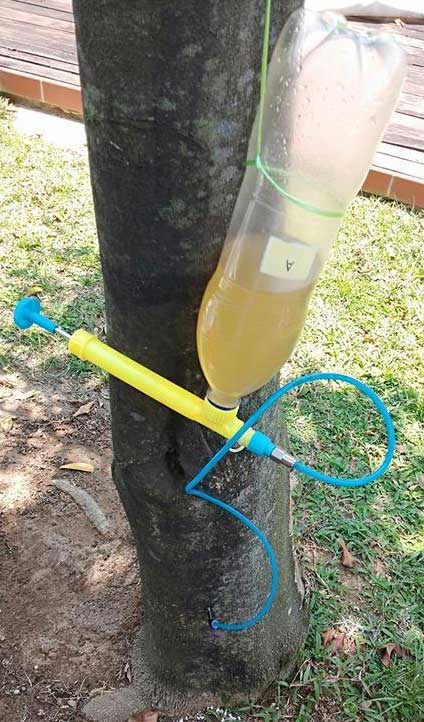
Many farmers from Norbugang Gewog in Pema Gatshel are venturing into Agarwood cultivation. Cultivating agarwood trees is considered a lucrative business as the wood fetches a good price. Agarwood is used for incense, perfume and traditional medicine among others.
Rinchen Dorji started cultivating agarwood saplings a few years ago. He sold around a thousand saplings last year. He said it is a profitable business. He only needs to buy polythene nursery bags to grow the saplings.
“In the past, we were not allowed to sell it. So, the seeds used to fall and get rotten. But now we can produce the sapling and sell it. And from this, we can earn some cash,” he said.
 Similarly, other farmers have taken up the cultivation for its commercial purpose.
Similarly, other farmers have taken up the cultivation for its commercial purpose.
“I have planted the saplings around my house. I have not counted it yet but there should be more than 1,000 saplings. I will be able to sell it by next year. People don’t buy smaller saplings,” said Mendra, a farmer from Gashari village.
Likewise, Rinchen Zangpo from Nganglam has planted agarwood saplings in 50 decimals of land. He said more people are taking interest in agarwood cultivation due to the introduction of artificial inoculation.
“Beginning last year or a year before, they have started artificial inoculation of the trees to stimulate resin which makes agarwood. The use of this method has attracted a lot of the farmers,” he said.
 Under natural conditions, the agarwood tree takes decades to mature and form a dark-resinous wood used in incense and perfumes. But artificial inoculation technique effectively enhances resin production within a short period.
Under natural conditions, the agarwood tree takes decades to mature and form a dark-resinous wood used in incense and perfumes. But artificial inoculation technique effectively enhances resin production within a short period.
 In the technique, an expert injects an organic inoculant into the holes drilled in the trees to stimulate resin production.
In the technique, an expert injects an organic inoculant into the holes drilled in the trees to stimulate resin production.
Meanwhile, given the growing interest in agarwood cultivation, the gewog administration is ready to support the farmers.
“Nearly 50 to 60 per cent of the farmers in the gewog have taken interest in agarwood plantation today. When farmers come up with an initiative such as this, it’s our responsibility to provide full support to them,” said Norbugang Gup, Kinley Dorji.
Today, almost every household in Gashari has planted a maximum of 1,000 agarwood saplings in the fields. The farmers sell each sapling for Nu 35.
Late Dasho Nishioka introduced agarwood cultivation in the country in the 1970s in Panbang, Zhemgang.
Thinley Dorji, Pema Gatshel
Edited by Sonam Pem


